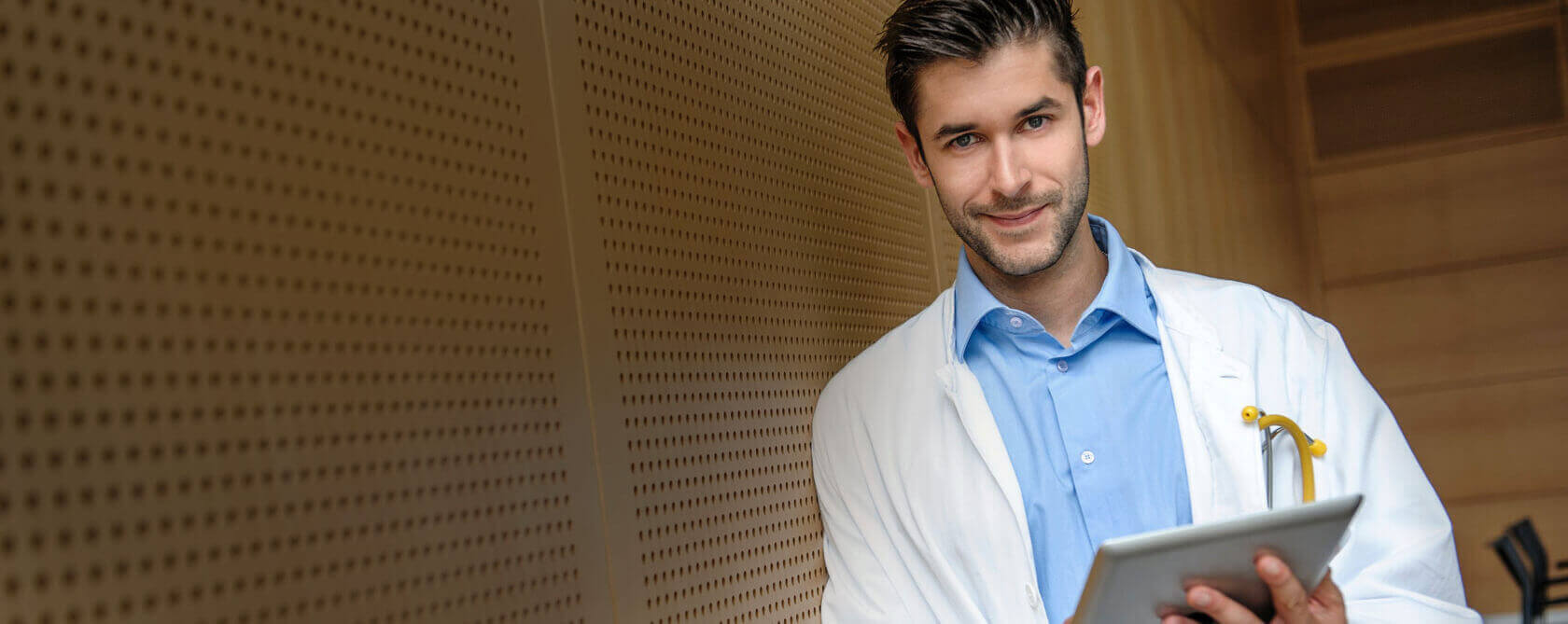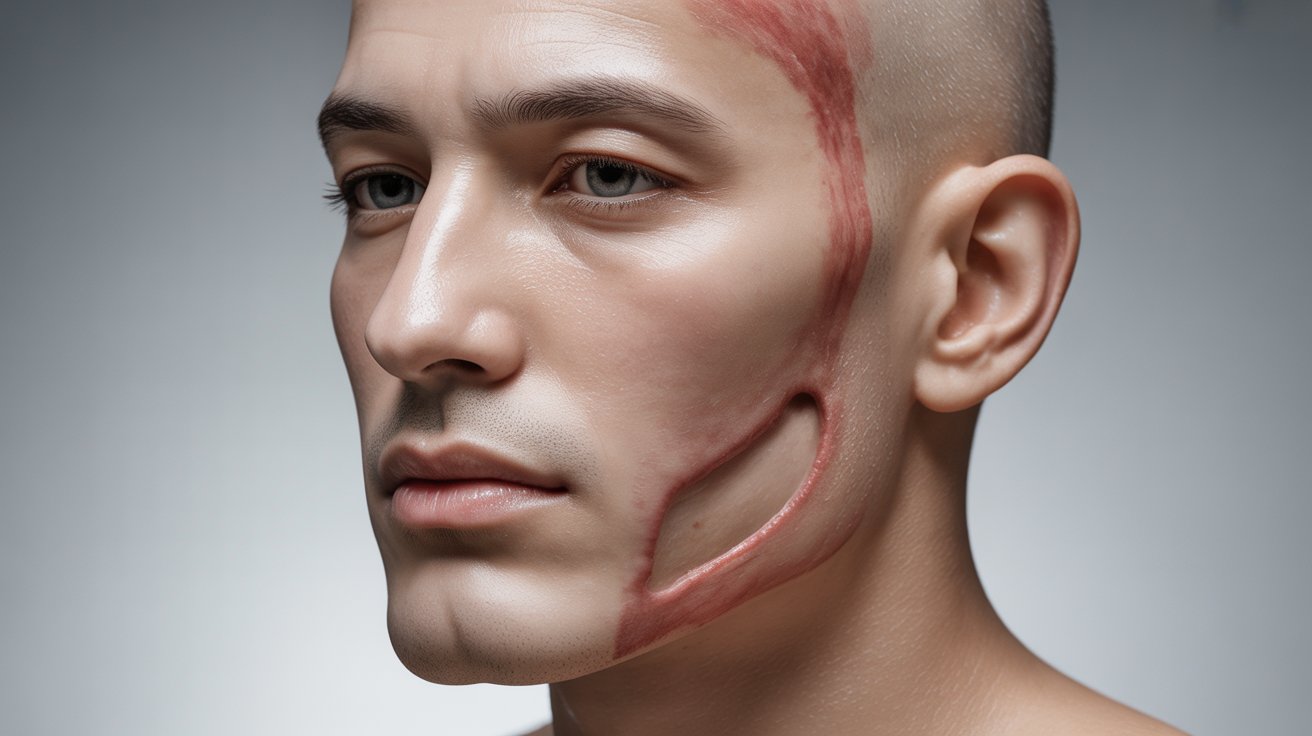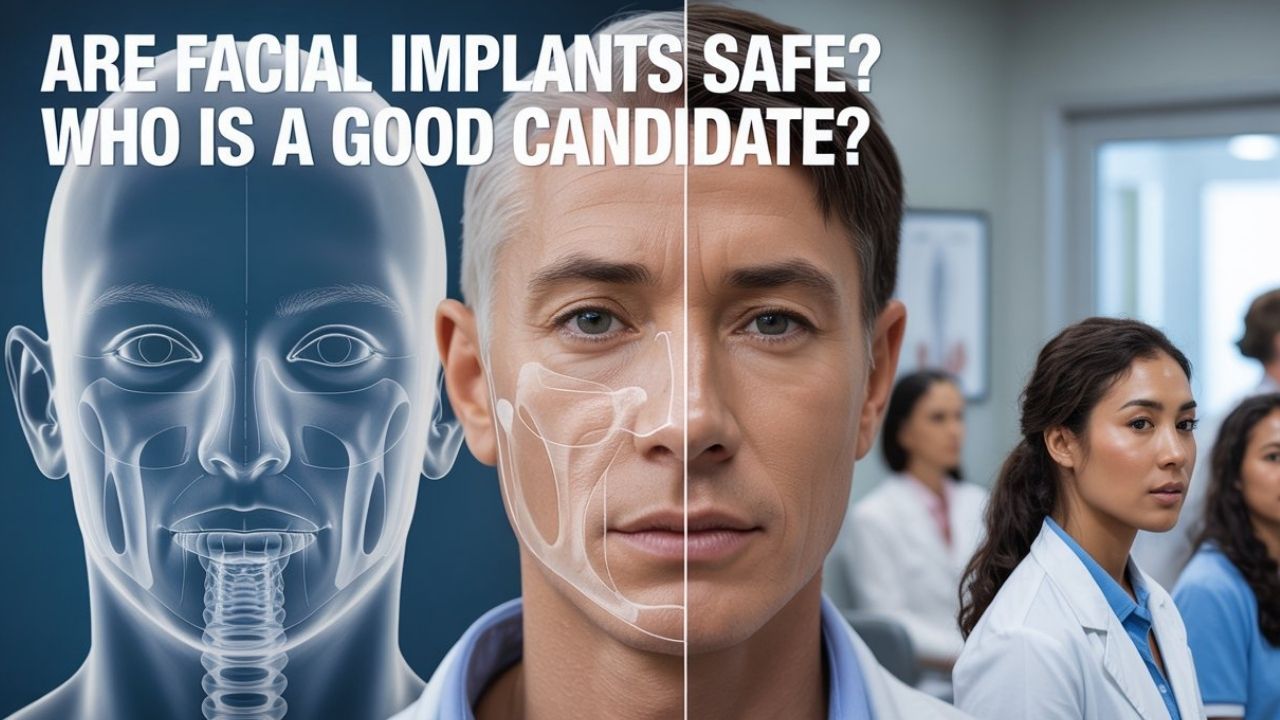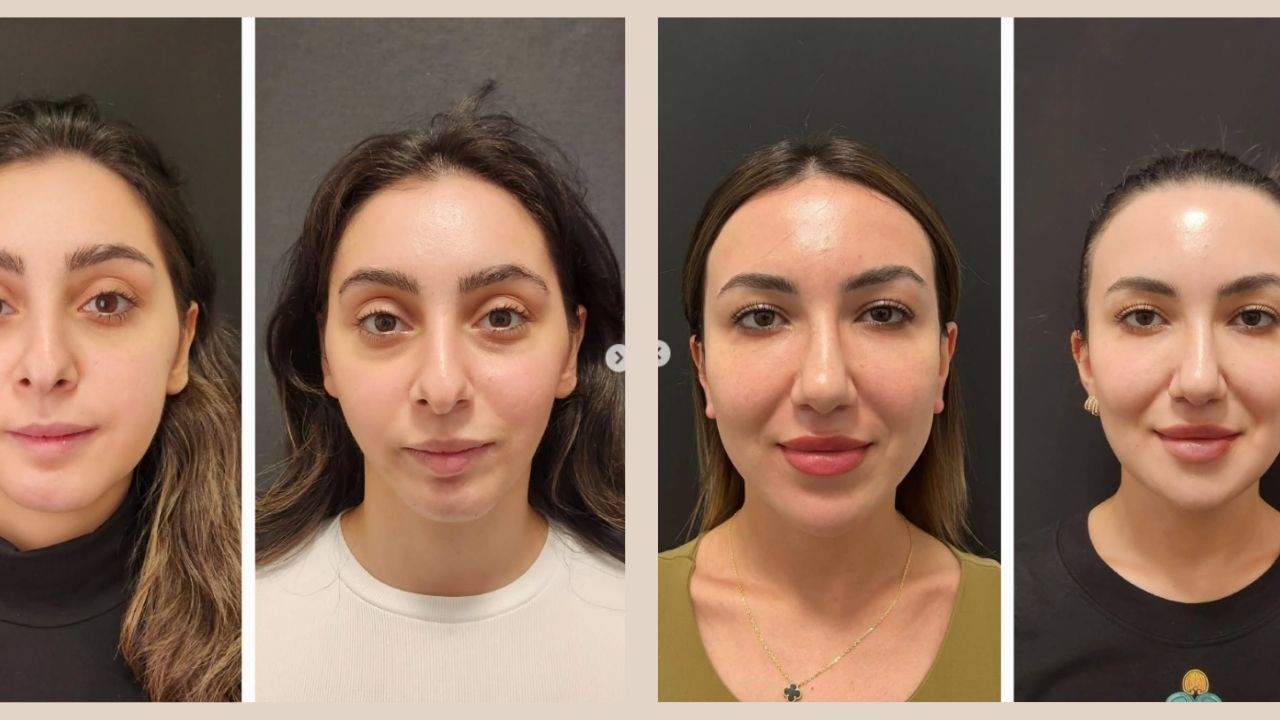Craniomaxillofacial surgery has a critical for face by having a role in restoring both form and function. So,
craniomaxillofacial surgery is an important field for both intersection of medition and dentistry.
It is obvious that face is the most visible part of the body.
Craniomaxillofacial surgery focuses on correcting conditions that affect skull, face, jaw, and neck. It is interested in addressing trauma, congenital anomalies, or complex reconstructive needs.
In this blog, you will explore what
craniomaxillofacial surgery, what are common conditions it treats, what are surgical techniques, how is the recovery duration, and what you need to know before this procedure.
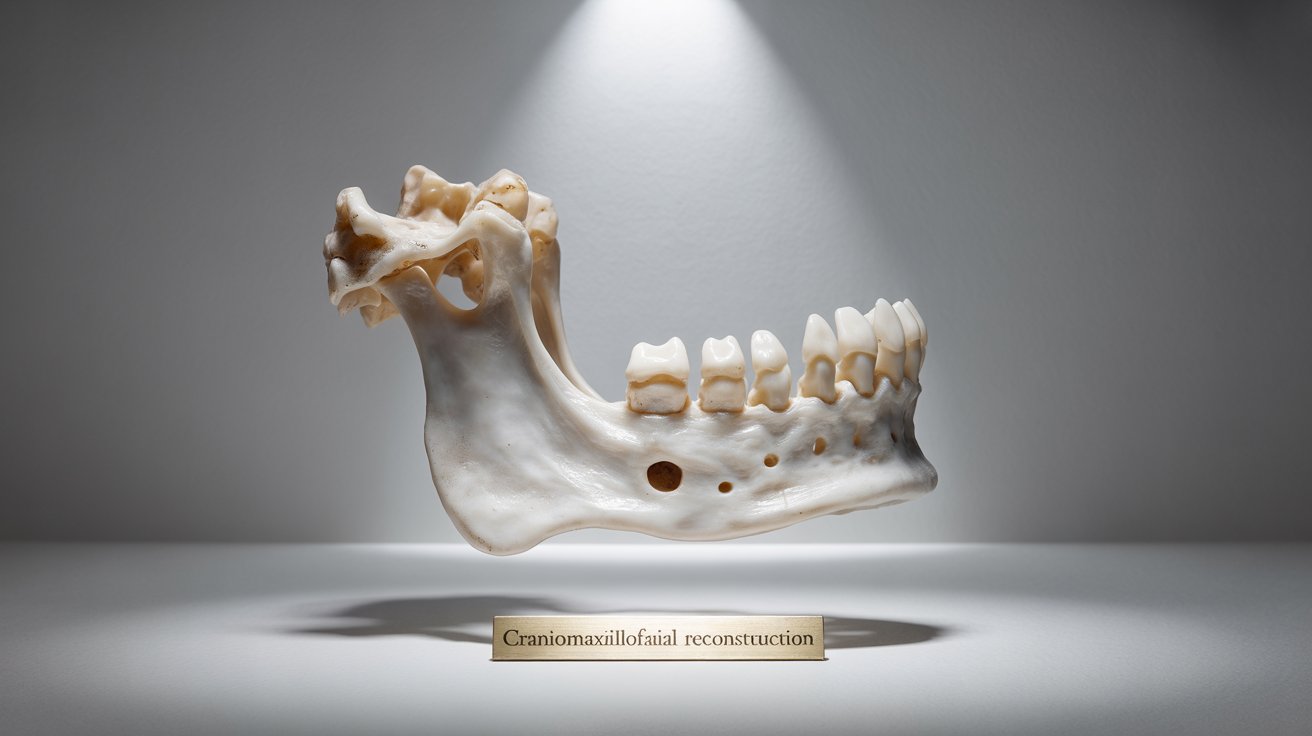
What is the Craniomaxillofacial Surgery (CMF)?
Craniomaxillofacial (CMF) surgery is a field that is interested in surgical treatment like diseases, injuries, deformities, and abnormalities of the skull, maxilla, mandible, face, and neck.
What is the
craniomaxillofacial meaning? This complex field combines knowledge from oral and maxillofacial surgery, plastic and reconstructive surgery, neurosurgery, and otolaryngology. As a result it provide both aesthetic and functional restoration for patients
What are the Common Conditions Treated According to Journal of Craniomaxillofacial Surgery?
According to
Journal of Craniomaxillofacial Surgery, craniomaxillofacial surgeons treat a wide range of issues such as; facial trauma like fractures of the jaw, orbital bones, cheekbones, Craniosynostosis as premature fusion of skull sutures in infants, cleft lip and palate, jaw deformities like underbite, overbite, open bite, crossbite, temporomandibular joint disorders, head and neck tumors, congenital syndromes such as Treacher Collins, Crouzon syndrome, obstructive sleep apnea, and orthognathic surgery as example of corrective jaw surgery for function and aesthetics.
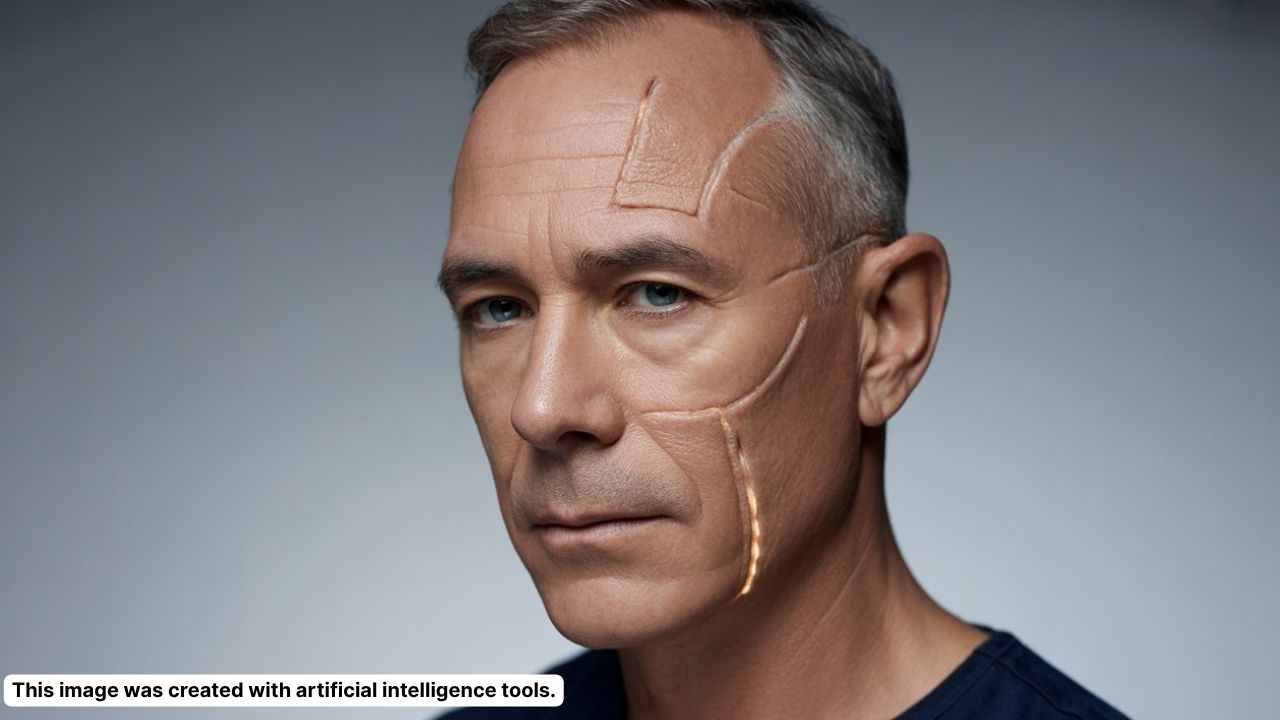
What are the Surgical Techniques in Craniomaxillofacial Surgery?
In
craniomaxillofacial surgery the techniques mostly depends on the condition. But, CMF surgery may involve; bone grafting,
3D-printed patient-specific implants, distraction osteogenesis, orthognathic surgery for bite correction, reconstructive microsurgery, and endoscopic and minimally invasive approaches
Who is Responsible for Performing Craniomaxillofacial implants?
It is important to find a professional person for this procedure. CMF surgery is usually performed by oral and maxillofacial surgeons, plastic surgeons, or
craniomaxillofacial surgeon fellowship training. Collaboration across specialties is often necessary for complex cases, particularly in pediatric or trauma patients.
What are the Advantages of Craniomaxillofacial (CMF) Surgery?
The benefits of craniomaxillofacial surgery are;
- It restores facial symmetry and function.
- It improves breathing, chewing, and speaking.
- It corrects congenital defects and acquired deformities.
- It enhances quality of life and self-confidence.
- It is often life-saving in trauma or tumor cases.
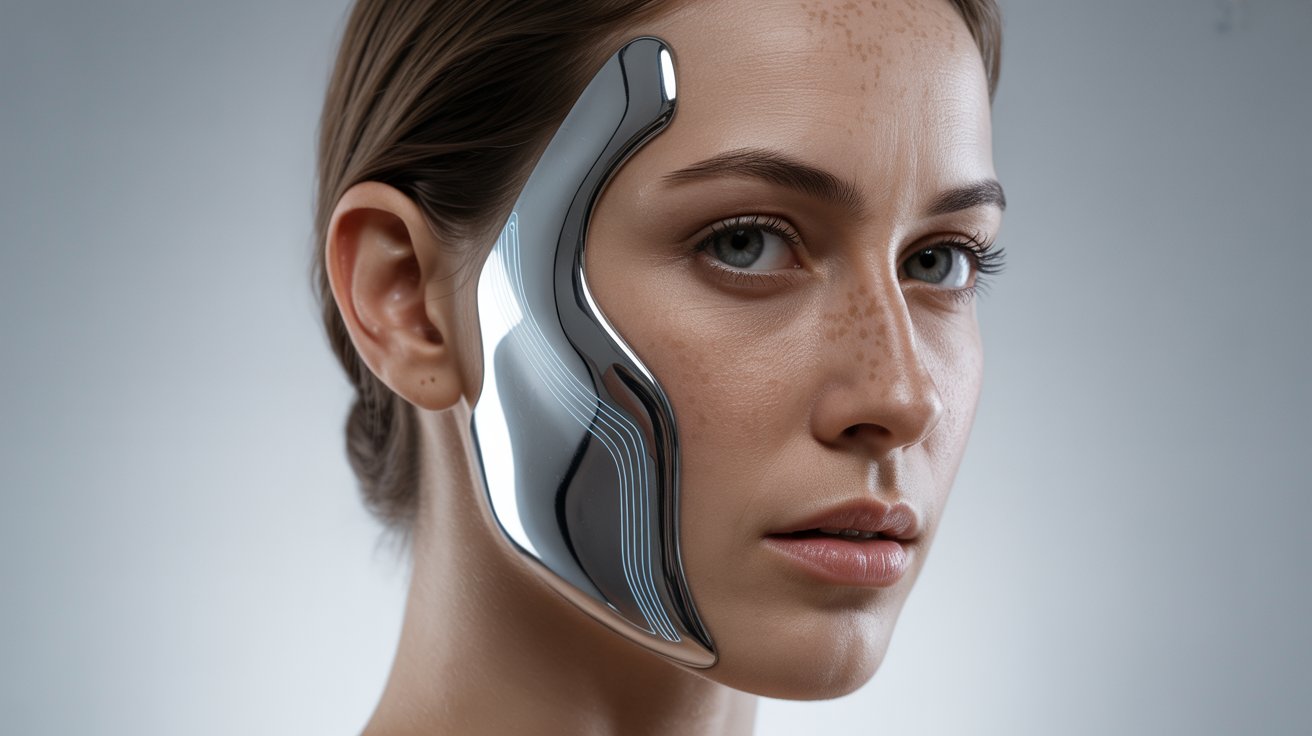
What to Know About the Procedure?
It is important and also useful to have an idea about the before and after procedure of
craniomaxillofacial surgery.
Before Surgery
|
During Surgery
|
Recovery
|
| It is necessary to have a comprehensive consultation. X-rays, CT scans, 3D models are used for imagining. Virtual surgical planning is prepared for each patient. Then medical clearance emerges.
|
It is performed under general anesthesia. The length depends on complexity and it may be bewtween 1 to 6+ hours.
|
After the surgery, patients may stay in the hospital between 1 oy 7 days. Swelling, bruising, and discomfort are normal situations. Full recovery depends on the patient considering weeks and maybe months. Finally, follow-up are organized including physical therapy or orthodontics.
|
What Do You Need to Know About Craniomaxillofacial Surgery?
To sum up,
craniomaxillofacial surgery is a powerful medical improvement. More, it is important it combines science, art, and technology. And also, it rebuilds lives of people. For whom with trauma, a congenital condition, or
facial asymmetry, you can visit our clinic for
craniomaxillofacial surgery real solutions with long-term benefits.
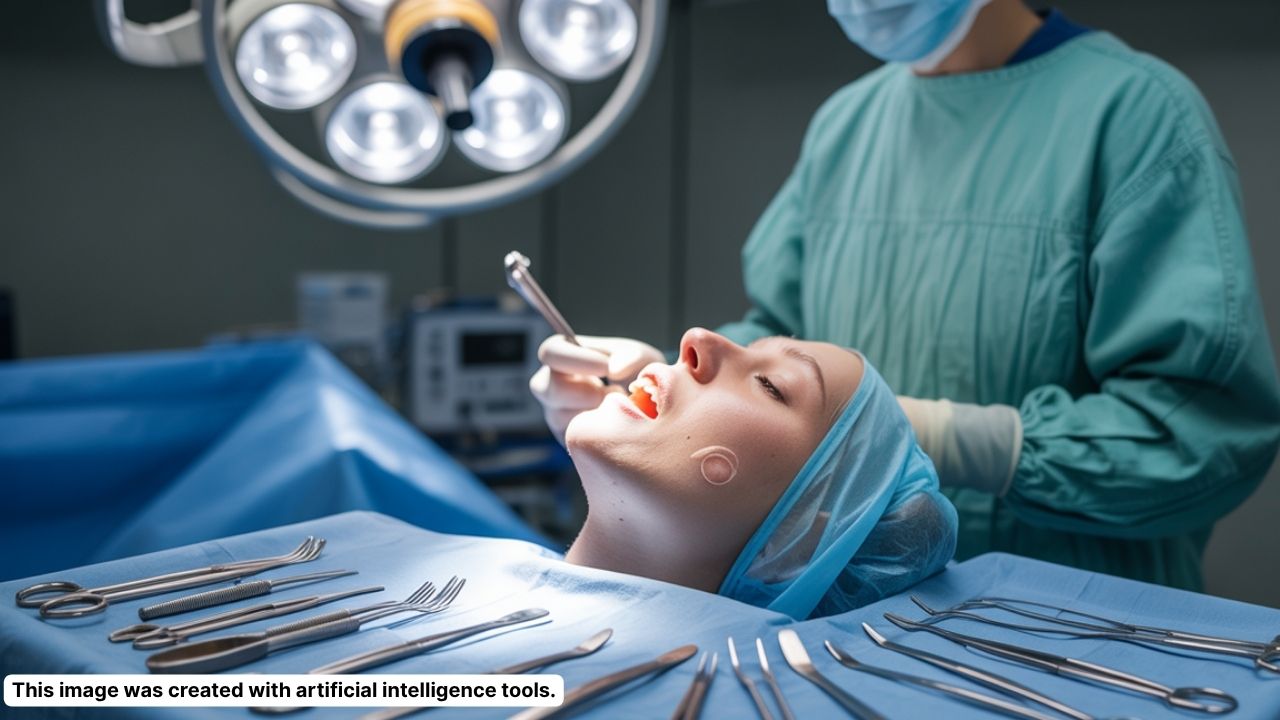
Frequently Asked Questions (FAQs)
Apart from the details, there are some other common questions about
cranio-maxillofacial surgery. The most common questions are combined for you. You can find the answers, too.
Is Craniomaxillofacial Surgery Painful?
As many other surgery, you can have some pain. But, with prescribed medications pain is manageable
Will There Be Scarring?
Most probably No. Because most incisions are made inside the mouth or in natural creases to minimize visible scars.
Can Children Have Crani-omaxillofacial Surgery?
Pediatric
craniomaxillofacial surgery is possible.




